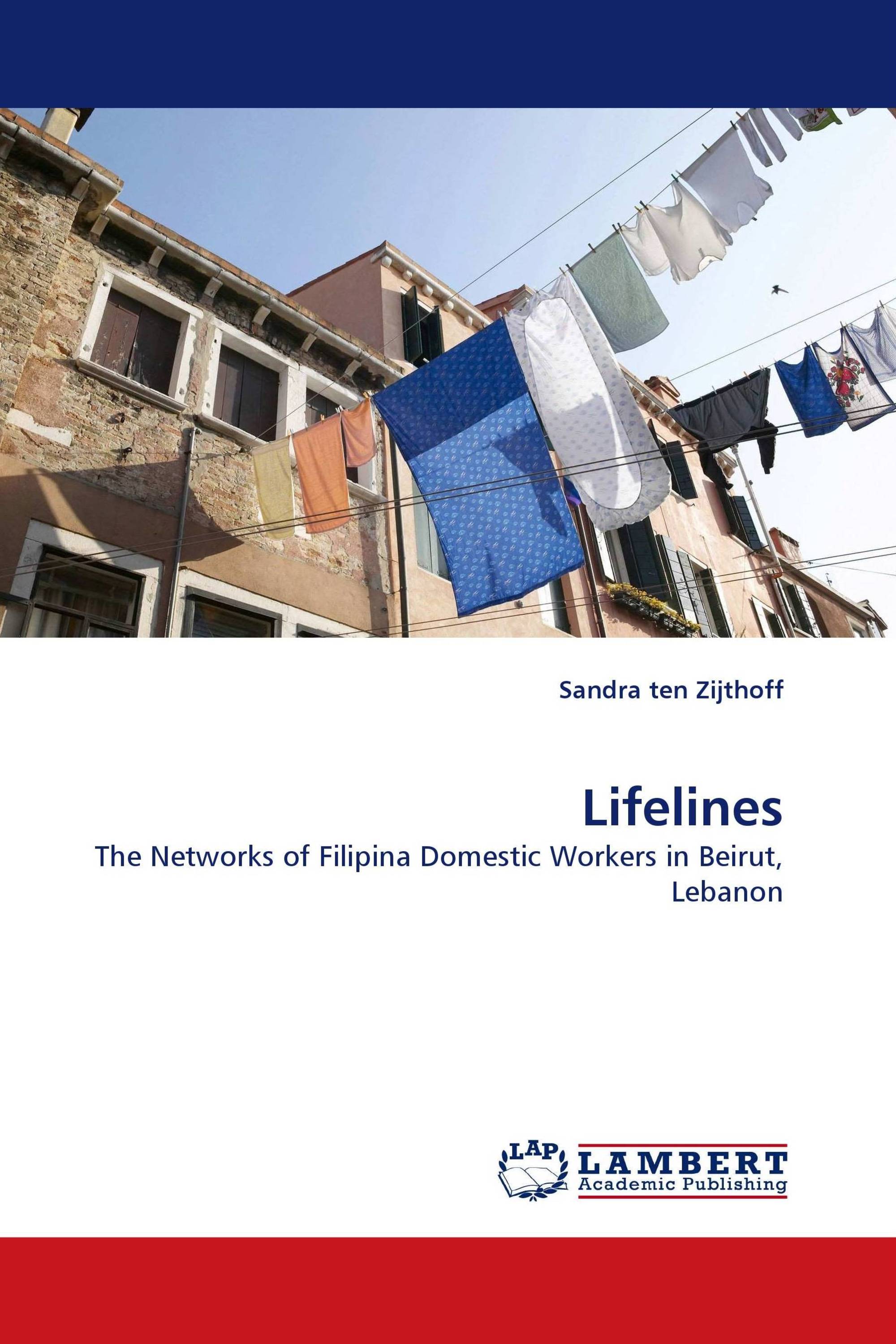This study examines the social networks and the roles these play in the lives of Filipina migrant domestic workers (MDWs) in Lebanon. In spite of often harsh injustice and exclusion from Lebanese labor laws, these women manage to overcome unanticipated difficulties by relying on their available social networks. The networks of influence embody both formal and informal structures at a local and transnational level. By tapping into these networks and with the accumulation of social capital through network ties, Filipina MDWs are able to access crucial resources, material and immaterial in nature, to overcome periods of difficulty during their experience in the host country. While formal structures, such as local NGOs and the Philippines embassy, are able to provide official services, Filipina women are found to rely predominantly on their informal ties that offer immediate, though potentially “illegal”, alternatives. These ties, thus, play a more significant role in the lives of Filipina MDWs and may continue to function as such until structural changes are made to support the basic human rights and the freedom of these, and other, MDWs in Lebanon.
Book Details: |
|
|
ISBN-13: |
978-3-8383-4622-9 |
|
ISBN-10: |
383834622X |
|
EAN: |
9783838346229 |
|
Book language: |
English |
|
By (author) : |
Sandra ten Zijthoff |
|
Number of pages: |
152 |
|
Published on: |
2010-02-15 |
|
Category: |
General Social sciences |
